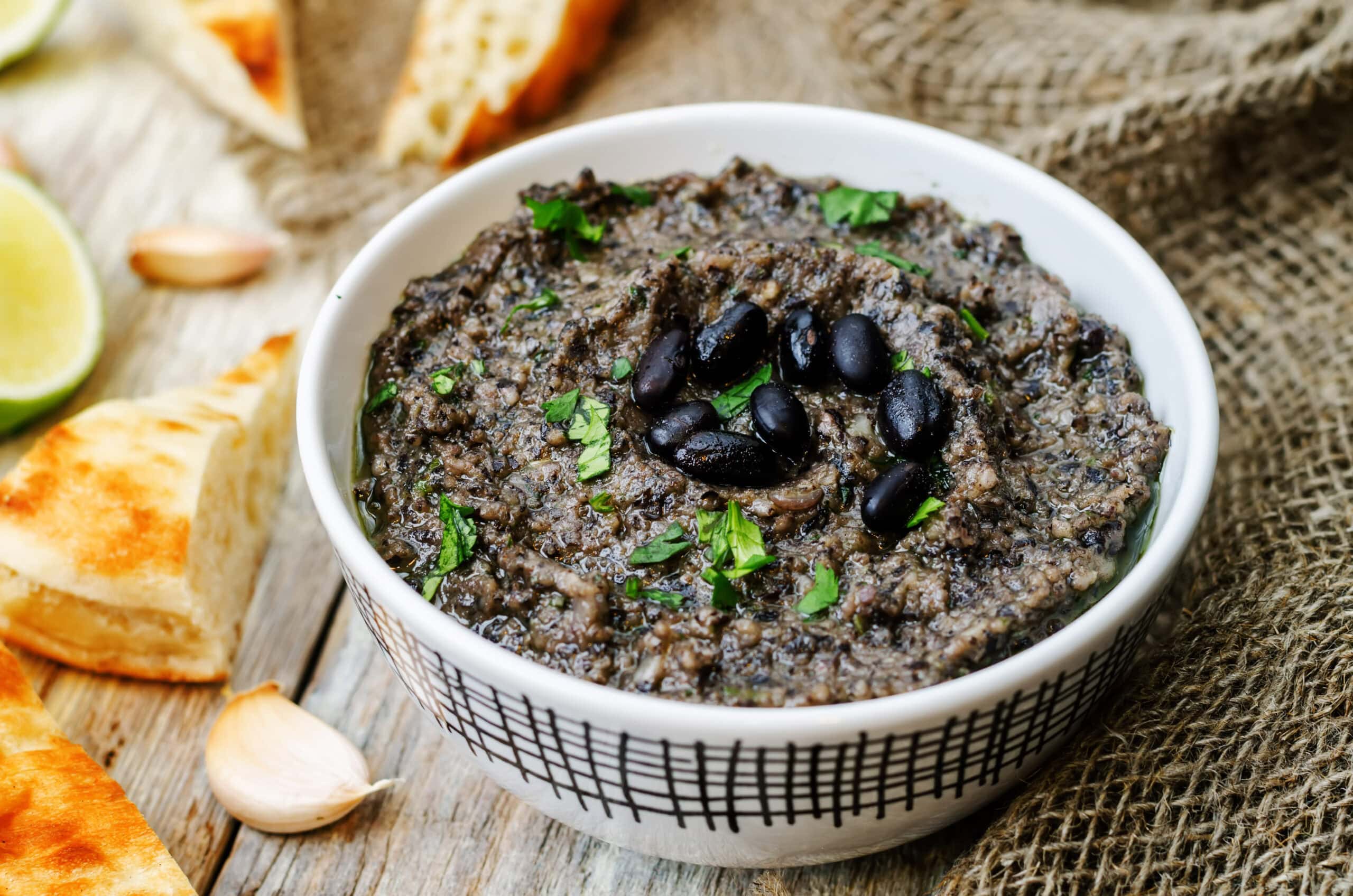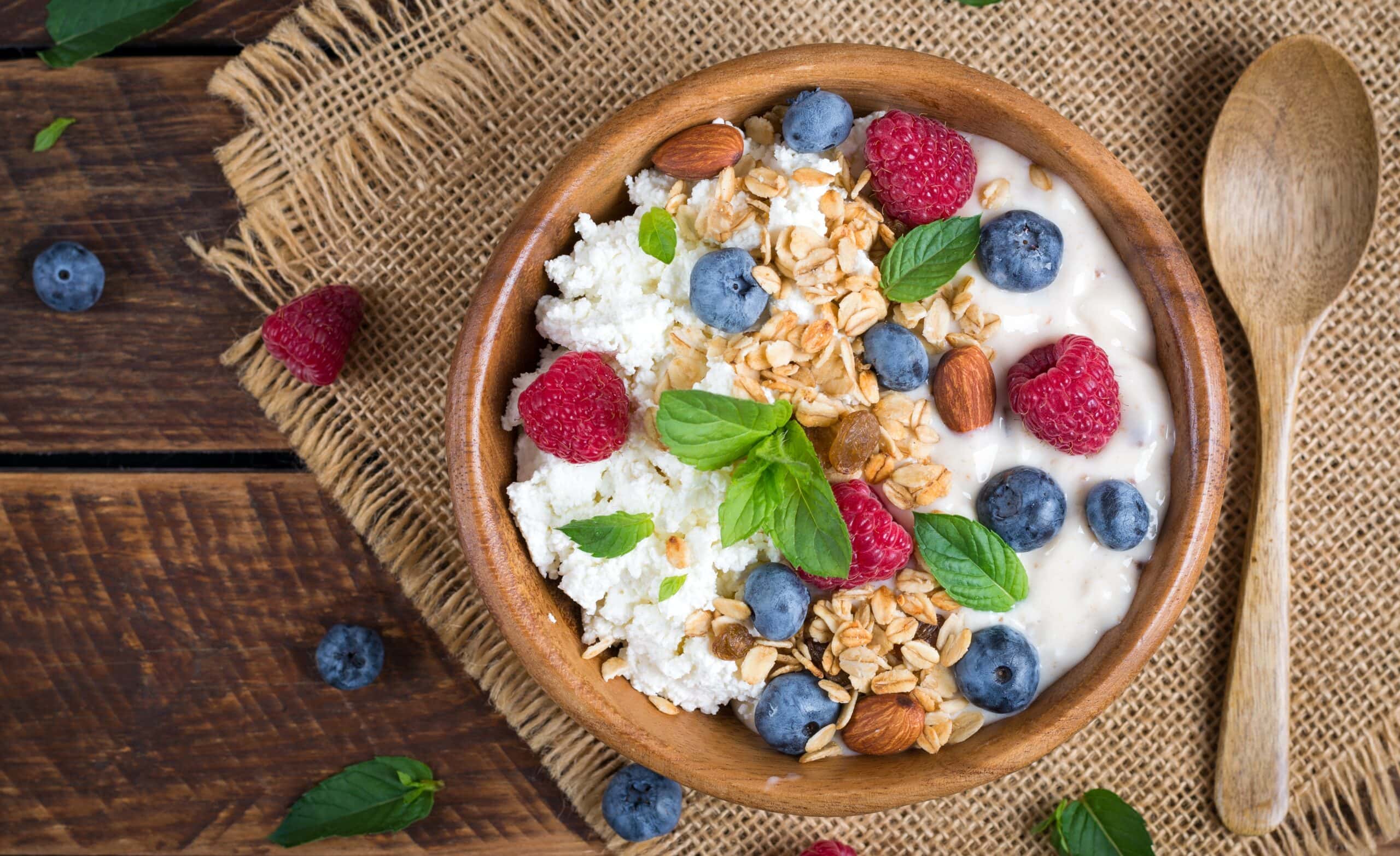Embarking on a weight loss journey can be challenging, but adopting a holistic approach can make it more manageable and sustainable. Holistic self-care emphasizes the interconnectedness of physical and mental health, ensuring that you nurture both your body and mind. This comprehensive approach helps you achieve your weight loss goals and promotes overall well-being.
What is Holistic Self-Care?
Holistic self-care is all about treating yourself as a whole person—mind, body, and spirit. Unlike traditional weight loss methods that focus solely on diet and exercise, holistic self-care considers multiple dimensions of wellness, including emotional, social, intellectual, and spiritual health.
This approach encourages individuals to actively participate in their health decisions and adopt wellness-oriented lifestyle choices, like listening to your body’s cues, taking care of your brain health, and seeking professional help, rather than the traditional weight loss methods of strict diet and exercise prescriptions.
While diet and exercise are certainly important parts of adopting a healthier lifestyle, there are also other total-body health aspects that shouldn’t be ignored.
Physical Health: Beyond Diet and Exercise
Let’s get into a few aspects of physical health. It’s not simply about sticking to a prescriptive diet or getting 10,000 steps in a day. It’s about nourishing your body and mind with healthy habits.
Balanced Nutrition
Making a lifestyle shift toward a balanced diet rich in whole foods is crucial for overall health and effective weight loss. Whole foods provide essential macronutrients (proteins, fats, and carbohydrates) and micronutrients (vitamins and minerals) that your body needs to function optimally. This doesn’t mean totally cutting out carbs or sugar but balancing them with healthy proteins and veggies. Remember, starvation and restriction are not a healthy or sustainable way to lose weight. Instead, focus on nourishing your body with a variety of nutrient-dense foods.
Regular Physical Activity
Exercise is a key component of physical health, but finding activities you enjoy is important. Whether cardio, strength training, or flexibility exercises like yoga, regular physical activity offers numerous benefits, including improved cardiovascular health, increased muscle strength, and enhanced flexibility. The goal is to make exercise fun and integral to your daily routine.
Sleep and Recovery
Quality sleep is often overlooked but is essential for weight loss and overall health. Poor sleep can disrupt hormones that regulate hunger and appetite, making it harder to lose weight. Aim for 7-9 hours of sleep per night and practice good sleep hygiene by maintaining a consistent sleep schedule, creating a relaxing bedtime routine, and minimizing exposure to screens before bed.1
Proper Hydration
Staying hydrated is vital for metabolism and overall well-being. Water helps regulate body temperature, transport nutrients, and remove waste. Aim to drink at least 64 ounces of water daily, and more if you’re physically active or live in a hot climate.
Listen to Your Body
It might sound simple, but Tuning into your body’s signals and needs is crucial for holistic self-care. Pay attention to hunger and fullness cues; eat when you’re hungry, stop when you’re full, and choose foods that make you feel good. It’s also critical to listen to when your body is tired rather than constantly pushing yourself to extremes. Rest days from working out are part of the holistic self-care approach because pushing through soreness or tired muscles can sometimes lead to injuries or extreme fatigue.
Mental Health: The Mind-Body Connection
Once you’re attuned to listening and responding to your body’s physical cues, engage in the same practice for your mental cues.
Stress Management
Chronic stress can sabotage your weight loss efforts by increasing cortisol levels, a hormone that promotes fat storage. Incorporate stress-reduction techniques into your daily routine, such as mindfulness, meditation, deep breathing exercises, or yoga. These practices can help you manage stress and improve your overall mental health.
Curb Emotional Eating
Emotional eating is a common challenge during weight loss. It involves using food to cope with emotions rather than to satisfy hunger. Recognize your emotional eating triggers and develop healthier coping strategies, such as journaling, talking to a friend, or engaging in a hobby. Practicing mindful eating—paying full attention to the experience of eating—can also help you manage emotional eating.
Positive Self-Talk and Body Image
Maintaining a positive mindset and self-image is essential for holistic self-care. Cultivate self-compassion and body positivity by focusing on your strengths and celebrating your progress, no matter how big or small. Replace negative self-talk with affirmations and remind yourself that your worth is not determined by your weight.
Build a Support System
Having a support system can make a significant difference in your weight loss journey. Surround yourself with friends, family, or support groups who encourage and motivate you. Professional help, such as a therapist, dietitian, or personal trainer, can also provide valuable guidance and support.
Balancing Act: Integrating Self-Care and Weight Loss
Maintaining self-care while pursuing weight loss can be challenging, but it is essential for long-term success. Find a balance between your weight loss goals and overall well-being by setting realistic expectations and being kind to yourself.
Adapting Self-Care Practices Throughout Your Journey
Your self-care needs may change as you progress in your weight loss journey. Regularly reassess and adjust your self-care routine to ensure it continues to support your goals and well-being. For instance, you may need to practice self-acceptance at different stages of your journey, try new forms of exercise to prevent boredom and target different muscle groups, buy new clothes for your changing body, or update personal mantras or affirmations to reflect your progress. Flexibility and adaptability are key to maintaining a holistic approach.
Self-Care is Key Throughout Your Journey
Holistic self-care practices can become part of a long-term, sustainable lifestyle. These practices support weight loss and promote overall health and well-being for many years to come. You can achieve a balanced and fulfilling lifestyle by integrating holistic self-care into your daily life.
Holistic Health with Fresh Tri
Nurturing both physical and mental health can help you achieve sustainable weight loss and overall well-being.
Prioritize self-care, listen to your body, and seek support when needed. Remember, your weight loss journey is unique, and holistically caring for yourself will help you achieve lasting success.
Ready to start your total body self-care journey? Download the free Fresh Tri app today and experience the Iterative Mindset Method™. This innovative approach aligns perfectly with holistic self-care, helping you develop sustainable habits and a positive mindset for long-term success. With Fresh Tri, you’ll have a supportive tool at your fingertips to guide you through your weight loss journey.
References
- Papatriantafyllou, E., Efthymiou, D., Zoumbaneas, E., Popescu, C. A., & Vassilopoulou, E. (2022). Sleep Deprivation: Effects on Weight Loss and Weight Loss Maintenance. Nutrients, 14(8). https://doi.org/10.3390/nu14081549













